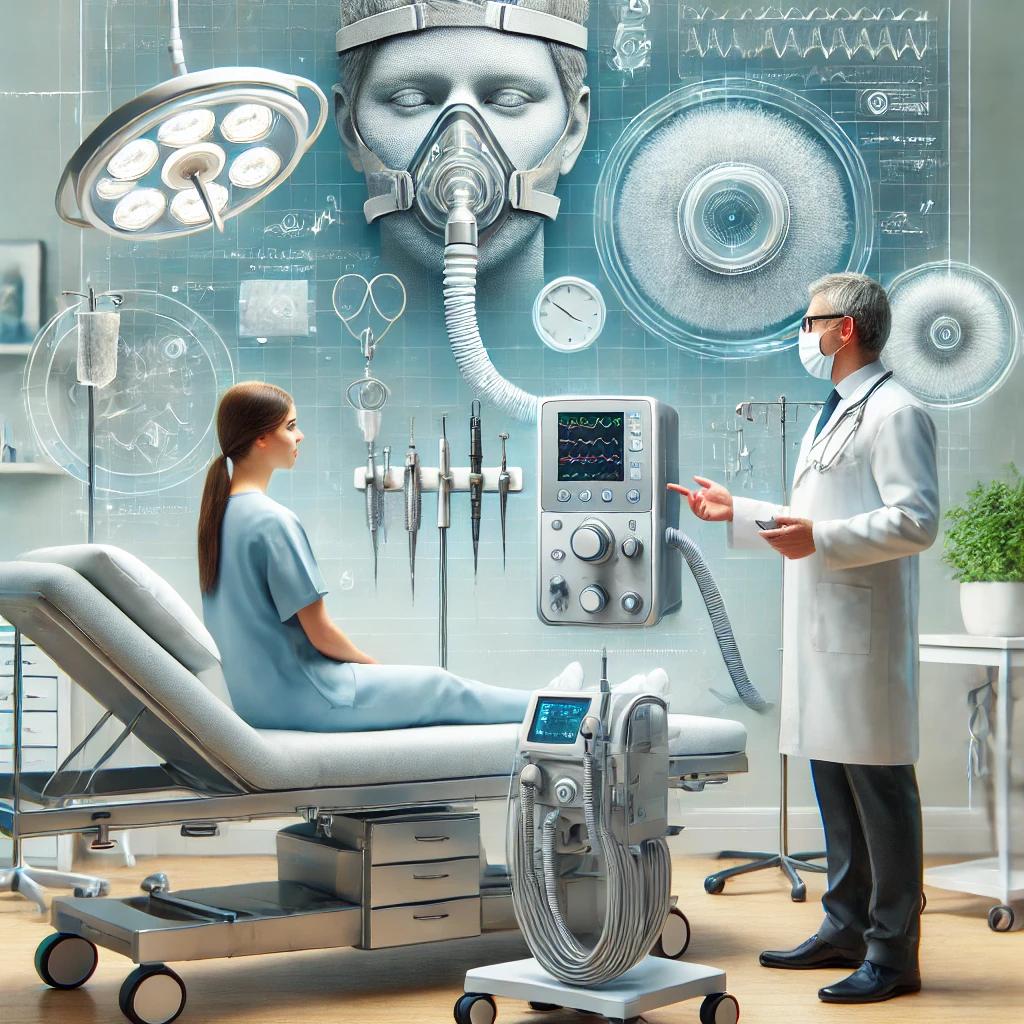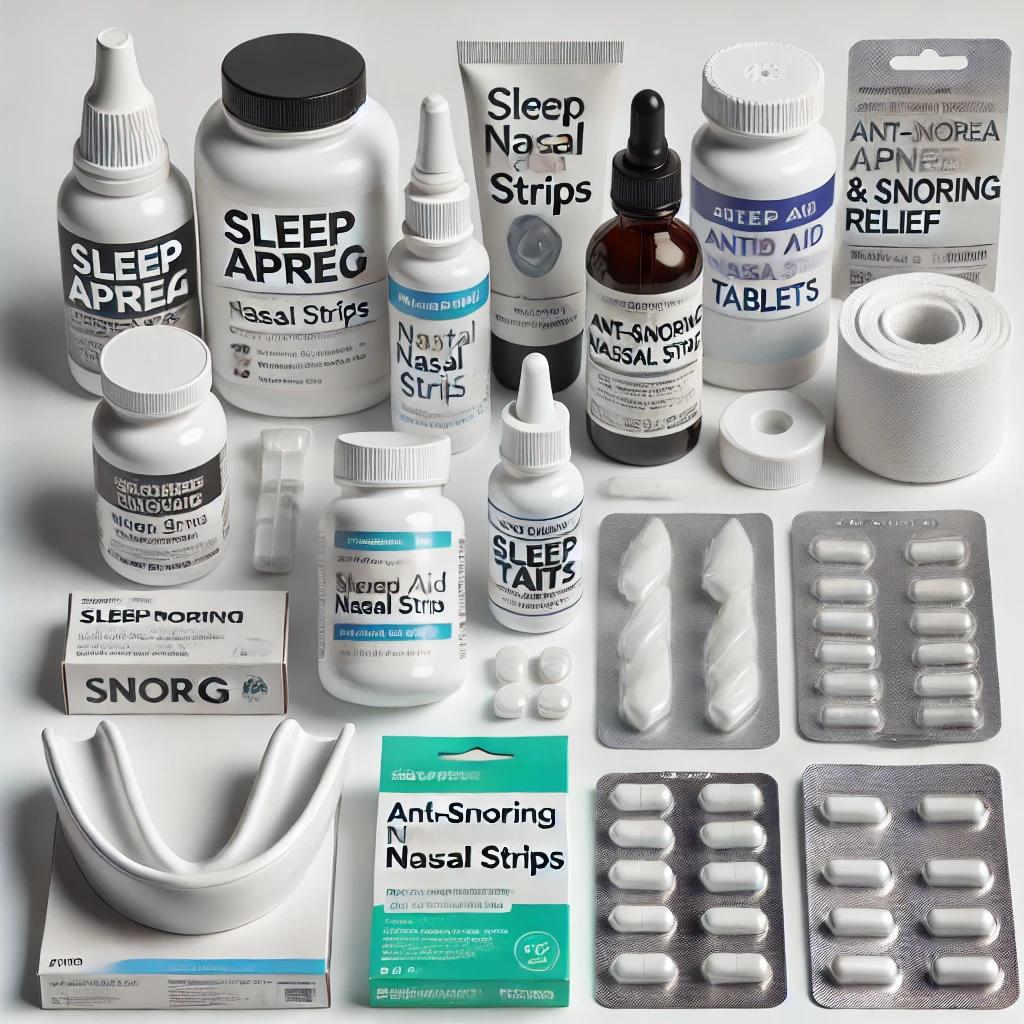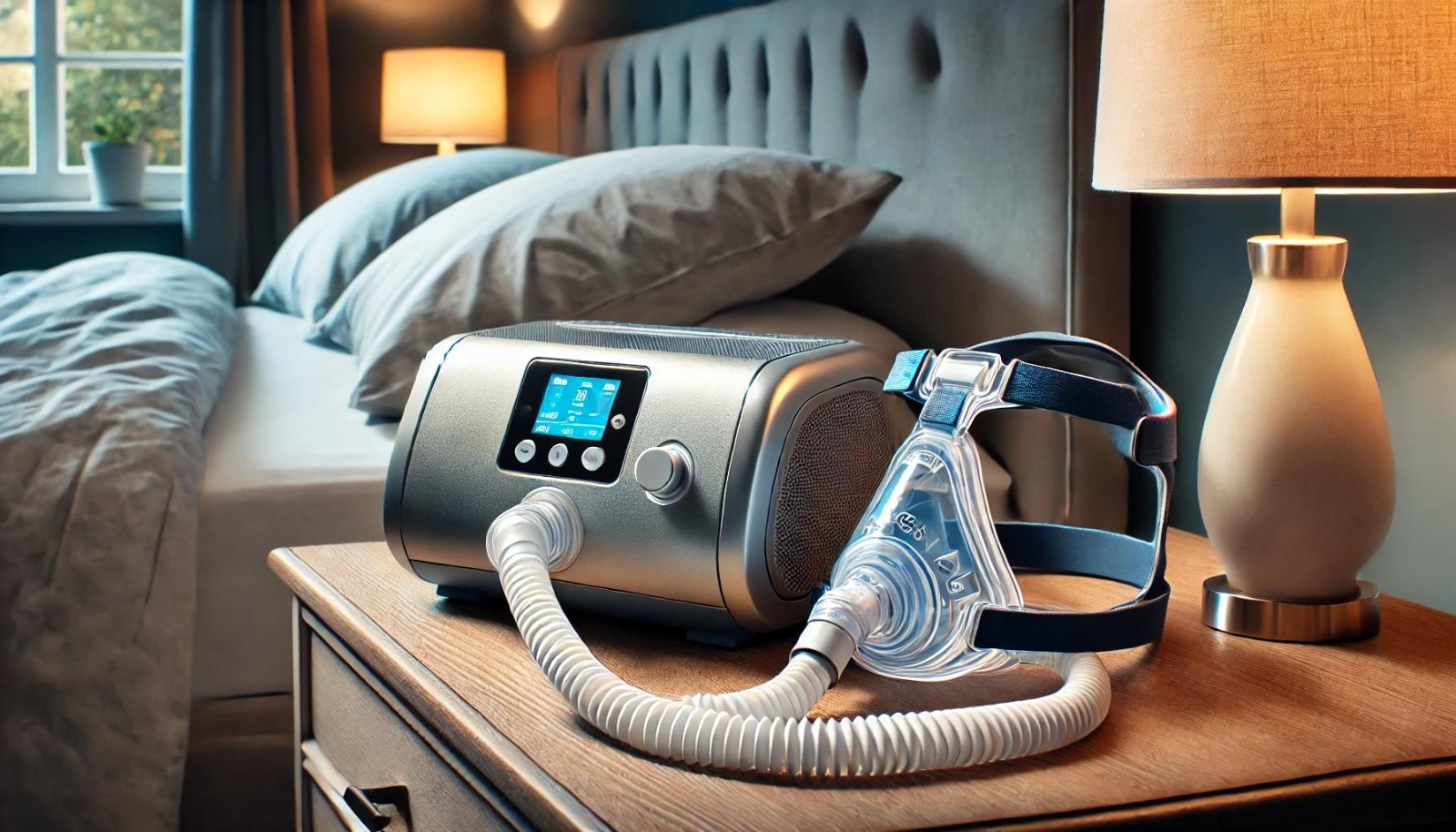
All devices to solve snoring or sleep apnea
List of devices and solutions available on the market
Electromechanical devices with a mask
Used to treat sleep apnea, providing continuous pressure, two levels of pressure, and automatic adjustment of air pressure to improve breathing during sleep.
Dental devices
Anti-snoring dental devices are custom-made plastic devices worn at night to keep the mouth and jaw in a protrusion position, reducing snoring and preventing teeth grinding.
Over-the-counter (OTC) products
These include nasal sprays, nasal strips, and tablets designed to reduce congestion and improve airflow during sleep, thus alleviating snoring.
Wearable technologies and smart devices
Devices such as bracelets and smart masks that monitor sleep and breathing, providing data and feedback to help reduce snoring and improve sleep quality.
Medical Electromechanical Devices with Mask
Made with a pump and mask. Includes clinically approved devices for treating sleep apnea, often prescribed by doctors. Examples:
- CPAP (Continuous Positive Airway Pressure), devices that keep airways open with continuous pressure.
- BiPAP (Bilevel Positive Airway Pressure), which offers different pressure for inhalation and exhalation.
- APAP (Auto-adjusting Positive Airway Pressure), which automatically adjusts the necessary pressure.
Dental devices
These include anti-snoring plates or mandibular advancement devices (MAD), which slightly move the jaw forward to keep airways clear.
Over-the-counter (OTC) products
Include accessible solutions without medical prescription, often sold in pharmacies or online. Examples:
- Nasal dilator strips.
- Nasal or throat sprays.
- Anti-snoring strips and cushions.
- Prefabricated anti-snoring mouthpieces.
Wearable technologies and smart devices
Devices that integrate digital technologies such as apps or smart devices to monitor and improve sleep quality. Examples:
- Smart masks that monitor breathing and apnea.
- Smart bands or watches that detect snoring and send vibration signals to change position.
- Sleep monitoring systems that provide feedback on breathing patterns and suggest corrective actions.
Market for surgical interventions and advanced treatments
Includes devices used in combination with medical or surgical treatments to correct structural problems related to apnea or snoring. Examples:
- Hypoglossal nerve stimulators, which stimulate throat muscles to keep airways open.
- Surgical procedures to remove or modify tissues in the throat or nose.
- Bimaxillary rotation surgery (Bimax).
Conclusion
There is a wide range of solutions for treating snoring and sleep apnea, which can be chosen based on the severity of the condition and individual needs.

